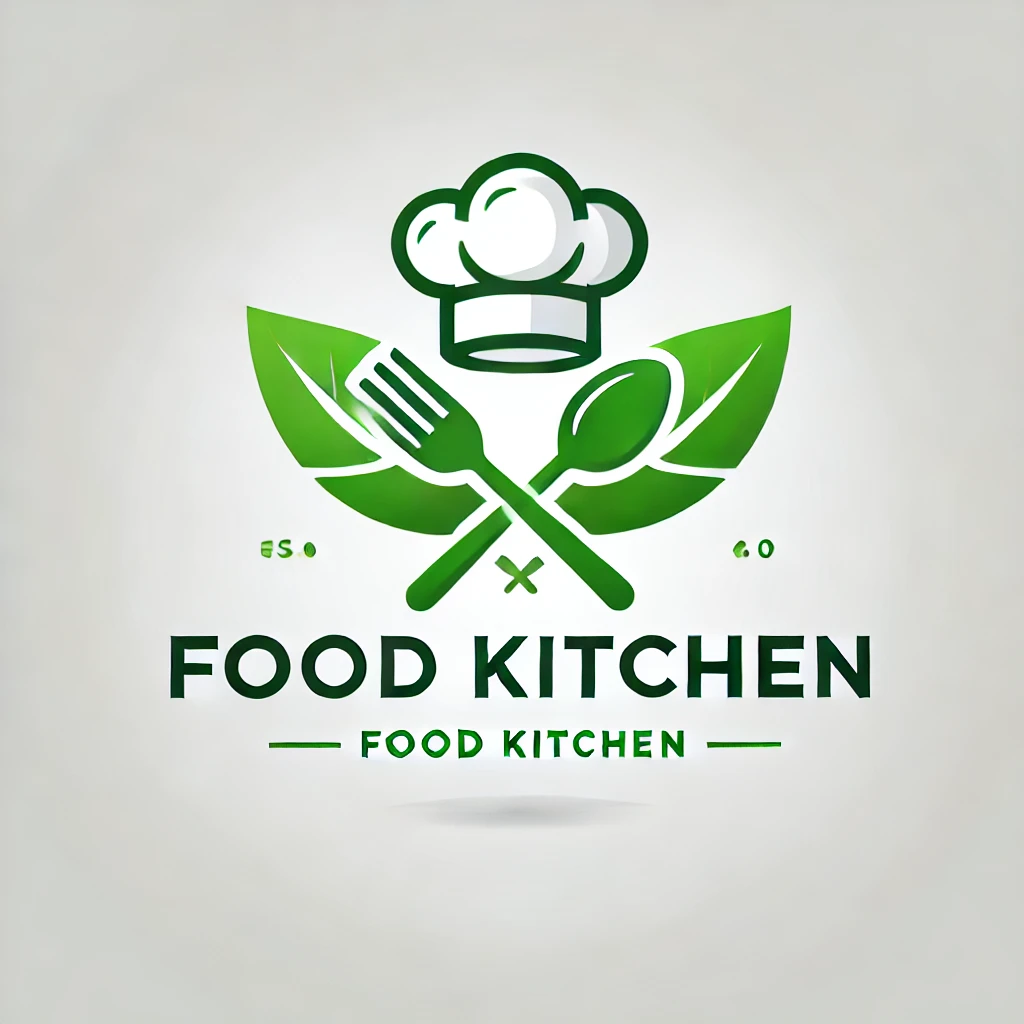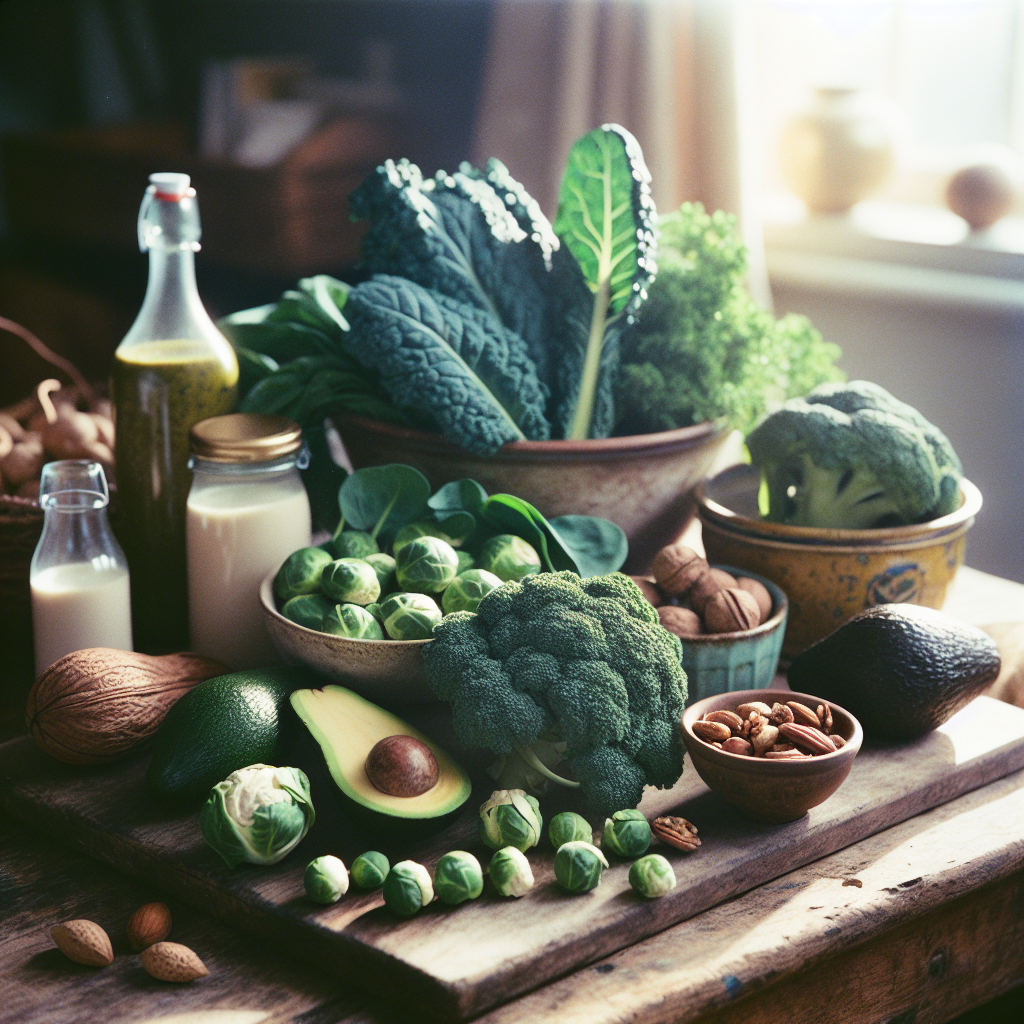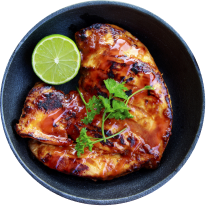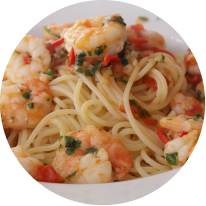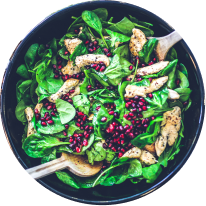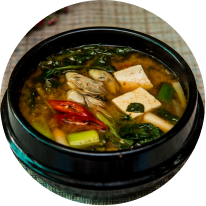9 Foods High in Vitamin K for Wound Healing, Healthy Bones, & Heart Health
Vitamin K is an essential nutrient that plays a crucial role in blood clotting, bone health, and heart function. Including foods rich in vitamin K in your diet can support faster wound healing, stronger bones, and overall cardiovascular wellness. In this article, we’ll explore the top nine foods high in vitamin K and the benefits they offer.
Why Vitamin K Is Important
Vitamin K is primarily known for its role in blood clotting, but its benefits go beyond that. It aids in calcium absorption, ensuring strong bones and reducing the risk of fractures. Additionally, vitamin K helps prevent arterial calcification, protecting heart health and supporting overall circulatory function.
9 Foods Rich in Vitamin K
1. Kale
Kale is one of the most nutrient-dense leafy greens and a powerhouse of vitamin K. Just one cup of cooked kale provides over 1,000% of the recommended daily intake of vitamin K. Besides supporting bone and heart health, kale is also packed with antioxidants, which help reduce inflammation in the body.
2. Spinach
Spinach is another excellent source of vitamin K, with about 145 mcg per half-cup when cooked. It’s also loaded with iron, folate, and vitamin C, making it an ideal choice for those looking to boost their overall nutrition.
3. Broccoli
Broccoli not only contains high levels of vitamin K but is also rich in fiber and other essential vitamins. One cup of cooked broccoli provides about 220 mcg of vitamin K, supporting both immune health and digestion.
4. Brussels Sprouts
A serving of Brussels sprouts provides nearly 150 mcg of vitamin K. These cruciferous vegetables are also high in antioxidants and fiber, making them beneficial for digestion and reducing inflammation.
5. Cabbage
Cabbage, particularly the green variety, is another great source of vitamin K. It contains around 75 mcg per cup when cooked, contributing to improved bone density and cardiovascular health.
6. Asparagus
Asparagus is not only a delicious side dish but also rich in vitamin K. A cup of cooked asparagus offers nearly 90 mcg of vitamin K, along with folate and other nutrients essential for cell repair and overall well-being.
7. Lettuce
Among leafy greens, lettuce—especially romaine and green leaf varieties—contains a significant amount of vitamin K. Even a simple salad can contribute to better bone and heart health by providing this essential vitamin.
8. Prunes
Prunes are known for their digestive benefits, but they also contain vitamin K, making them a great choice for improving bone density. Consuming prunes regularly can help strengthen bones and reduce the risk of osteoporosis.
9. Soybeans
Soybeans and soy-based products like tempeh and natto are rich in vitamin K. Fermented soy products, in particular, contain vitamin K2, which plays a direct role in bone mineralization and cardiovascular health.
Health Benefits of Vitamin K
1. Improves Wound Healing
Vitamin K helps in the blood clotting process, ensuring wounds heal properly and reducing excessive bleeding. Adequate vitamin K intake is particularly important for individuals prone to frequent cuts or injuries.
2. Strengthens Bones
One of the most significant advantages of vitamin K is its contribution to bone health. It helps direct calcium to the bones, reducing the risk of fractures and supporting overall bone density, particularly in older adults.
3. Supports Heart Health
Vitamin K prevents calcium deposition in arteries, a factor that contributes to heart disease. By improving arterial flexibility, vitamin K helps lower the risk of developing heart-related conditions.
4. Enhances Brain Function
Recent studies suggest that vitamin K plays a role in brain health, supporting cognitive function and reducing the risk of neurodegenerative disorders such as Alzheimer’s disease.
How to Incorporate More Vitamin K in Your Diet
Adding vitamin K-rich foods to your daily meals is simple. Here are a few easy ways to boost your intake:
- Prepare salads with leafy greens like kale, spinach, and lettuce.
- Include steamed or roasted broccoli and Brussels sprouts in your meals.
- Snack on prunes or add them to your breakfast cereal.
- Enjoy soy-based foods such as tofu or natto as plant-based protein sources.
Final Thoughts
Vitamin K is a vital nutrient that supports wound healing, strengthens bones, and promotes heart health. By incorporating foods rich in vitamin K, such as leafy greens, cruciferous vegetables, prunes, and soy products, you can enhance your overall well-being naturally.
Make it a priority to include more of these nutritious foods in your diet and reap the numerous health benefits of vitamin K today.

